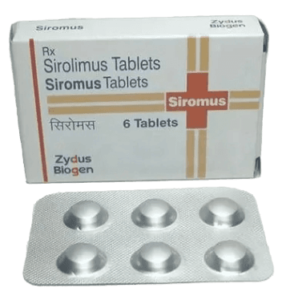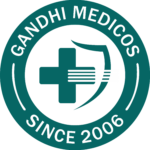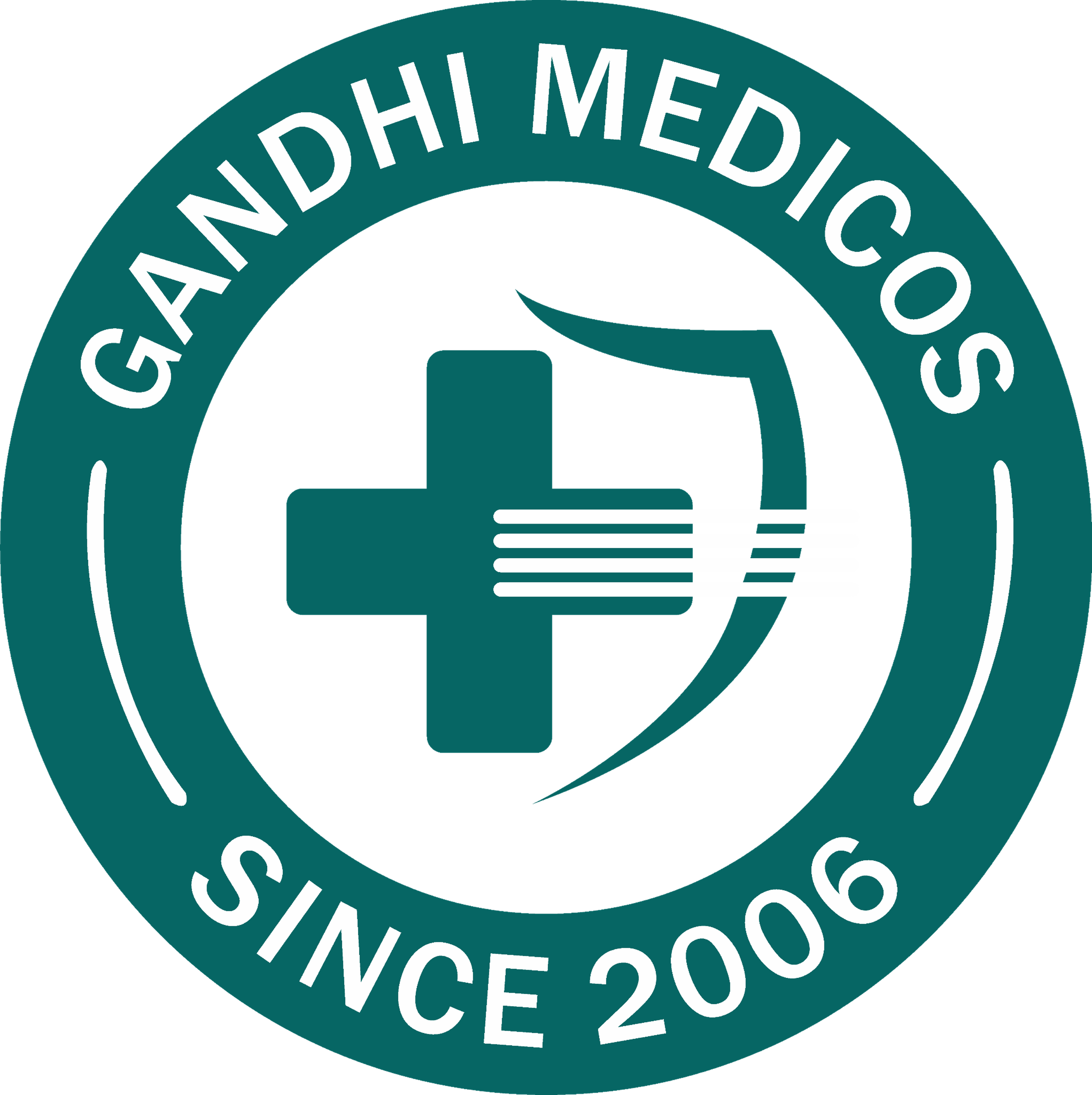Understanding Siromus 1mg Tablet: Benefits and Side Effects
Siromus 1mg Tablet: Uses and Benefits
 Siromus 1mg Tablet, made by Zydus Cadila, helps prevent organ rejection in transplant patients. It contains Sirolimus, which helps the body accept the new organ by calming the immune system.
Siromus 1mg Tablet, made by Zydus Cadila, helps prevent organ rejection in transplant patients. It contains Sirolimus, which helps the body accept the new organ by calming the immune system.
Doctors prescribe Siromus 1mg Tablet to be taken daily, with or without food, at the same time each day. Taking too much can cause severe side effects like swelling, high blood pressure, or stomach pain. If side effects persist, it’s essential to see a doctor.
This tablet is especially useful for preventing kidney transplant rejection. It works by toning down the body’s immune response against the transplanted organ.
Before starting Siromus 1mg Tablet, it’s important to tell your doctor about any other medications or health issues you have. Regular check-ups and tests during treatment are advised.
In short, Siromus Tablet is a crucial medicine for transplant patients. Following the doctor’s instructions carefully helps ensure it works effectively and safely.
Uses Of Siromus Tablet
- Prevention Of Kidney Transplant Rejection
Benefits of Siromus 1mg Tablet
Siromus 1mg Tablet offers several benefits for transplant patients. Firstly, it prevents the rejection of transplanted organs like kidneys, ensuring the body accepts the new organ smoothly. This not only increases the success rate of the transplant but also helps patients stay healthy and avoid complications.
By taking Siromus Tablet, patients may need fewer additional treatments, saving them time and money. It provides long-term stability to the transplanted organ, reducing the risk of future problems. Plus, it lowers the chances of complications related to organ rejection, like infections or organ failure, leading to a smoother recovery overall. In summary, Siromus Tablet is a vital medication that helps transplant patients maintain their health and well-being after surgery.
Side Effects of Siromus 1mg Tablet
Siromus 1mg Tablet, while beneficial in preventing organ rejection, can also lead to certain side effects. Some individuals may experience common side effects such as nausea, increased blood lipid levels, headache, or abdominal pain. Additionally, high blood pressure, urinary tract infections, and anemia are also reported side effects.
In rare cases, Siromus Tablet may cause more serious adverse reactions like edema, thrombocytopenia (low blood platelets), or increased creatinine levels in the blood. It’s important to note that most side effects tend to diminish as the body adjusts to the medication, but if they persist or worsen, medical attention should be sought promptly.
- Nausea
- Increased blood lipid levels
- Headache
- Abdominal pain
- High blood pressure
- Urinary tract infections
- Anemia
- Edema (swelling)
- Thrombocytopenia (low blood platelets)
- Increased creatinine levels in the blood
Safety Advice for using Siromus 1mg Tablet:
- Alcohol: Consult your doctor regarding alcohol consumption while taking Siromus Tablet.
- Pregnancy: Seek medical advice before using Siromus Tablet if pregnant, as it may not be safe.
- Breastfeeding: Consult your doctor before using Siromus Tablet while breastfeeding.
- Driving: Siromus 1mg Tablet typically does not affect driving ability.
- Kidney: Safe for use in patients with kidney disease without dose adjustment.
- Liver: Use with caution in severe liver disease, with possible dose adjustment.
Conclusion:
Siromus 1mg Tablet is a valuable medication for transplant patients, aiding in the prevention of organ rejection and supporting overall health post-transplantation. Its immunosuppressive properties help ensure the acceptance of transplanted organs, enhancing transplant success and long-term stability.
While it may cause side effects, most are manageable and diminish over time. Adhering to safety advice, such as consulting with healthcare professionals regarding alcohol use, pregnancy, and breastfeeding, is essential. By following prescribed dosages and monitoring for any adverse reactions, patients can experience the benefits of Siromus 1mg Tablet while minimizing risks, thus promoting a smoother recovery and improved quality of life.




 :
:  +91 – 9999064250 | 9811604444 | 9811604424
+91 – 9999064250 | 9811604444 | 9811604424

